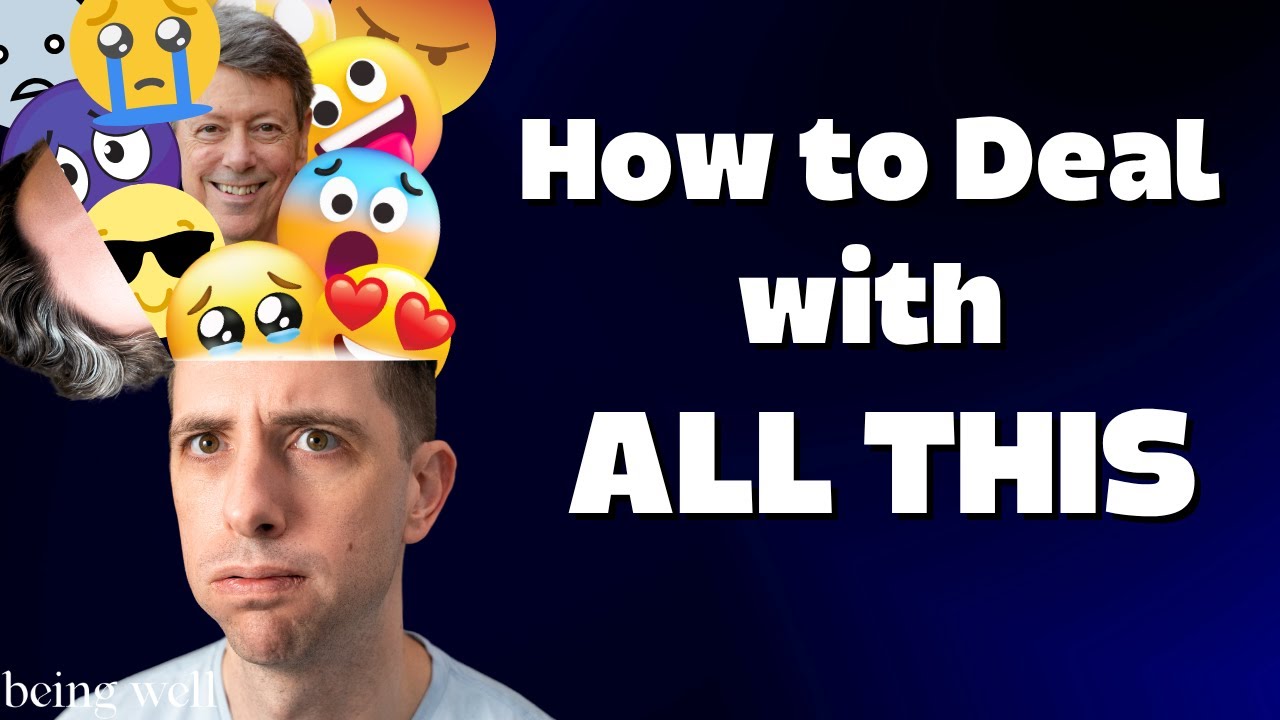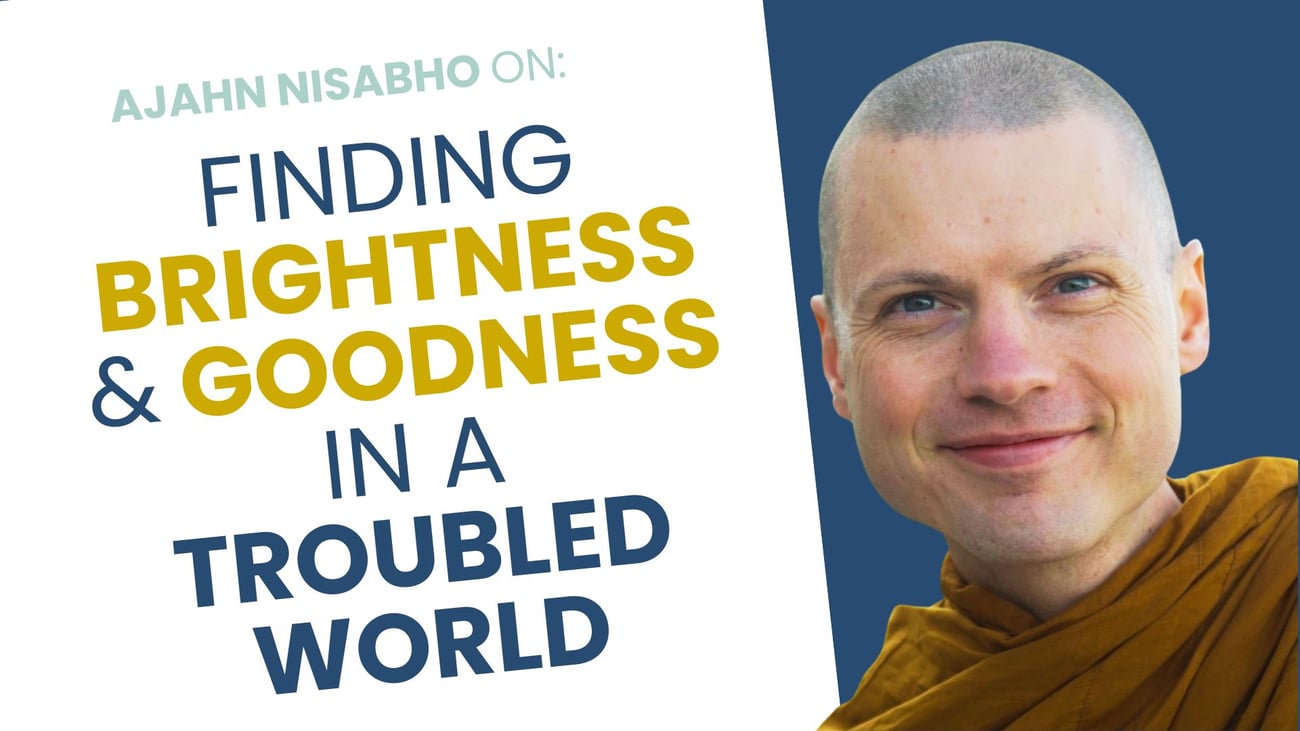 |
Just One Thing |
|
|
Simple Practices for Resilience and Happiness from
|
DR. RICK HANSON
|
 |
|
|
|

|
What can you do when nothing is working? |
THE PRACTICE: |
Change the Channel. |
|
|
— Why? — |
In response to a previous JOT – Find Stillness – a wise therapist, Betsy Sansby, reminded me that sometimes a person just can’t find any stillness anywhere. Maybe you have epilepsy or chronic pain or are wildly worried about a child or other loved one, or have been rejected in love or had the bottom fall out financially. In other words, as Betsy put it, like there’s a nest of bees in your chest.
She’s right.
Sometimes the inner practices fail you – or at least aren’t matched to the pickle you’re in. You’ve let be, let go, and let in. You sat to meditate, and it was like sitting on the stove. You tried to be here now and find the lessons – and wanted to whack the person who told you to do this. You still feel awful, overwhelmed, angry, afraid, inadequate, or depressed. Now what?
Sometimes it helps to change the channel, to take some kind of action. Watch TV, eat an apple, ask for a hug, get out of the house, do something (not harmful) to shake things up, distract yourself, tune out, burn off steam, etc.
At some point, you still have to engage the mind directly and do what you can with your situation. But there is certainly a place for respite or pleasure in its own right, plus this helps to refuel you for challenges.
Plus, changing channels has the built-in benefit of taking the initiative on your own behalf. This helps counter the natural but harmful sense of helplessness that comes from tough times, and it supports the feeling that you and your needs truly matter.
|
— How? — |
For starters, give yourself permission to change the channel. Sometimes people get stuck in a situation, relationship, or feeling and think it’s more noble, awake, open, mindful, accepting, or therapeutic to stay with it, even if it hurts like crazy and isn’t getting any better. Sure, let’s not err on the side of suppressing feelings or running from the first hint of discomfort. But let’s also not err on the side of running laps around a track in hell.
Then do something. It doesn’t need to be ambitious. Usually the simpler, the better.
Try physical pleasure – which helps calm down the stress machinery of your brain. Run water over your hands. Roll your head around your neck. Smell an orange. Look at a flower.
Treat your body well. Eat some protein. Take a nap. Go for a walk. Do vigorous exercise if you can. Remember your vitamins.
Broaden your perspective. Look out the window. Consider your situation from a bird’s-eye view, a more impersonal angle. Consider how someone (real or imagined) who deeply loves you would look at it. Think about it amidst 7 billion other humans or in the sweep of history. (Of course, not to diminish, dismiss, or shame your own pain.)
Entertain yourself. See a movie, listen to music, go watch a show. Look at Red Bull stunts, concert videos, amazing pong shots, or rock climbing on YouTube (alright, some of my faves) or whatever you like.
Set something in order; exercise control somewhere. When I feel depressed, I make my bed. Keep it simple: fold one pair of dish towels, separate the big forks from the little ones, straighten one shelf of books.
Connect with others (as long as you don’t feel overwhelmed by it). Call a friend. Pet your pet. Sit in a coffee shop full of strangers and enjoy the bustle.
Go somewhere that feeds your heart. Maybe sit under a tree or by a stream, lake, or sea. Perhaps a church or temple. Or a park with children playing, a museum, or a garden.
Every life is hard sometimes, and some lives are terribly hard all of the time. Do what you need to do. It’s OK to change the channel.
|
| Read this Online
|
|
|
Know someone who could change the channel? |
Share this Just One Thing practice with them!
|
Share on Facebook | Tweet on
X | Forward this Email
|
|
|
|
|
|
NEW ON THE BEING WELL PODCAST
|
Emotional Regulation: How to Feel Your Feelings Flexibly |

|
Dr. Rick and Forrest explore how emotional regulation helps us feel, manage, and process our emotions with greater skill and ease. They begin by unpacking common misconceptions and clarifying what healthy regulation looks like – feeling our feelings without being overwhelmed by them. From there, they walk through the three key steps of emotional regulation, focusing on practical tools like cognitive defusion and opposite action. Topics include interoception, the window of tolerance, cognitive bypassing, suppression/repression, and finding a balance between acceptance and agency.
|
| Check out the Episode
|
|
|
|
|
|
NEW FROM THE WEDNESDAY MEDITATIONS + TALKS
|
Finding Brightness and Goodness in a Troubled World |

|
Last week, guest teacher Ajahn Nisabho offered a live meditation on Letting Go Into Death, followed by a talk on Finding Brightness and Goodness in a Troubled World, and I hope you'll check it out.
If you haven't yet, sign up to join me every week for this free, live offering.
|
| Check It Out
|
|
|
|
|
|
MORE GOOD STUFF
|
|
|
SCIENCE NEWS (VIEW ARCHIVE HERE)
Researchers have finally discovered evidence of a previously undetected hot plasma wind blowing out from the Milky Way’s supermassive black hole, visible as a cone-shaped gap where cold gas is pushed away. This finding helps explain a long-standing mystery about why our galaxy’s black hole seemed unusually quiet compared to others.
|
|
|
FOR PARENTS
There are natural concerns about really saying what’s on your mind, what’s in your heart. Sometimes, it’s appropriate to be careful, like with someone who’s vulnerable, or to stay out of a rage, or if there is any whiff of possible partner abuse. But more often than not, the reasons are not so enlightened. So how can you help yourself communicate authentically and skillfully – so that the outside you show the world more closely matches your insides? Think of these questions as a kind of checklist.
|
|
|
JOYFUL CAREGIVING SUMMIT
I’m excited to share that I’ll be speaking at the Joyful Caregiving Summit, a FREE online event designed to support caregivers caring for loved ones. You’ll hear from 21 experts in the areas that matter most to caregivers, including health, money, mindset, and daily living, sharing real-world ways to bring more peace, joy, and confidence into your caregiving journey.
|
|
|
|
|
|
HAVE YOU READ IT YET?
|
Resilient |

|
Learn how to develop key inner strengths – like grit, gratitude, and compassion – to stay calm, confident, and happy no matter what life throws at you. Available in Hardcover, Paperback eBook, and Audiobook, wherever books are sold.
|
| Get Your Copy
|
|
|
|
|
|
WORDS OF WISDOM
|
"Every life is hard sometimes, and some lives are terribly hard all of the time. Do what you need to do. It’s OK to change the channel." |
— RICK HANSON, PHD
|
|
|
|
JUST ONE THING (JOT) is the free newsletter that suggests a simple practice each week for more joy, more fulfilling relationships, and more peace of mind. A small thing repeated routinely adds up over time to produce big results.
Just one thing that could change your life.
(© Rick Hanson, 2024)
|
|
|
|
|
|
|
|
|